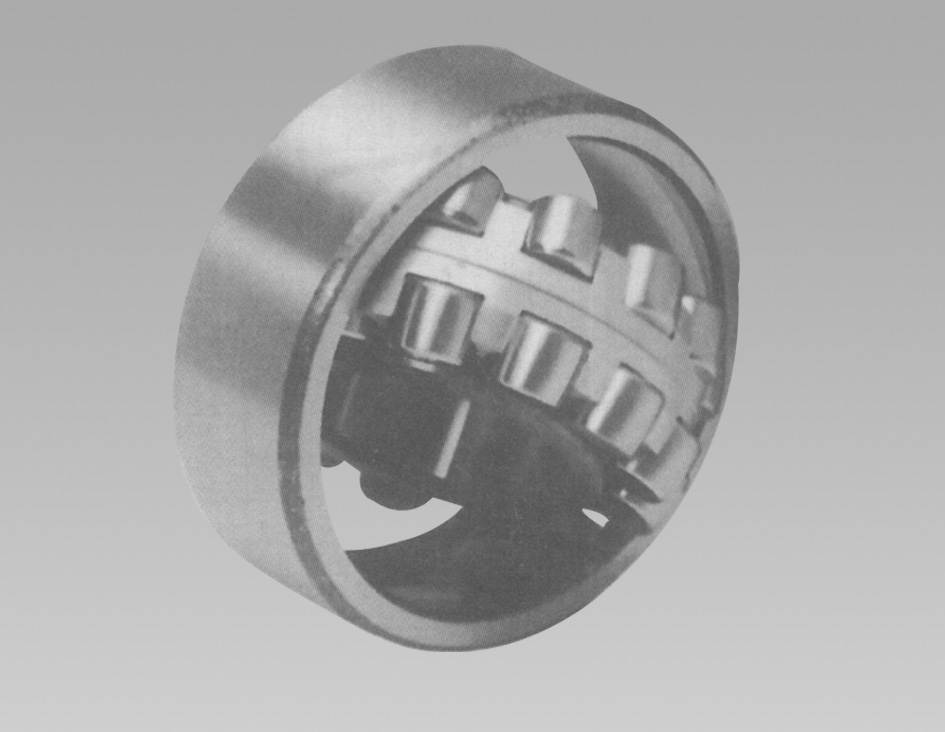
Dec . 03, 2024 20:58 Back to list
Exploring the Four Main Types of Roller Bearings and Their Applications
Four Types of Roller Bearings
Roller bearings are critical components in various machinery and equipment, providing support and enabling efficient motion. Unlike ball bearings, which use spherical elements, roller bearings employ cylindrical components, allowing them to handle heavier loads and provide better surface contact. There are four primary types of roller bearings cylindrical roller bearings, tapered roller bearings, spherical roller bearings, and needle roller bearings. Each type has unique characteristics and applications, making them suitable for different operational needs.
1. Cylindrical Roller Bearings
Cylindrical roller bearings are designed with cylindrical rollers that provide a large contact area, allowing them to support high radial loads. They are ideal for applications where heavy radial loads are prominent but axial loads are minimal. This type of bearing is commonly found in electric motors, gearboxes, and rolling mills. The design promotes low friction, which enhances the overall efficiency of the machinery. Furthermore, cylindrical roller bearings often come in various configurations, including single-row, double-row, and multi-row designs, allowing engineers to select the most appropriate option based on the specific load requirements.
Tapered roller bearings consist of tapered rollers that make contact with the raceways at an angle. This design actively supports both radial and axial loads, making them highly versatile. The tapered shape allows for increased load-carrying capacity, which is crucial in applications such as automotive wheel hubs, trailer wheels, and construction machinery. The angle of the rollers can be adjusted to optimize load handling, making tapered roller bearings suitable for heavy-duty applications. Moreover, they often come in separate components, allowing for easier installation and maintenance.
four types of roller bearings

3. Spherical Roller Bearings
Spherical roller bearings are unique in their design, featuring two rows of asymmetric rollers set within a spherical inner race. This arrangement allows for self-alignment, which helps to compensate for misalignments and shaft deflections. Spherical roller bearings are ideal for applications that experience high loads and misalignment, such as in heavy machinery, wind turbines, and mining equipment. They can handle both radial and axial loads in both directions, which enhances their versatility. Their robustness and ability to accommodate disaster-related stress make them a preferred choice in harsh operating environments.
4. Needle Roller Bearings
Needle roller bearings are characterized by their long, thin rollers, making them particularly suitable for applications where space is limited. They provide a large surface area relative to their size, allowing them to handle high radial loads despite their compact design. Needle roller bearings are often found in automotive applications, including transmissions and crankshafts, as well as in industrial machinery. They require minimal space but deliver significant performance. Additionally, their lightweight design contributes to improved efficiency and reduced energy consumption.
Conclusion
Selecting the appropriate type of roller bearing is crucial for the efficiency and longevity of machinery. Each type—cylindrical, tapered, spherical, and needle roller bearings—offers distinct advantages tailored to specific applications. Understanding the unique characteristics and load-handling capacities of each type enables engineers and designers to make informed decisions, ultimately optimizing performance and enhancing the reliability of equipment. As technology continues to advance, the designs and applications of roller bearings will likely evolve, further contributing to the efficiency of industrial operations worldwide.
Latest news
-
Premium Deep Groove Ball Bearings | High Speed & Reliability
NewsAug.29,2025
-
Durable Scaffolding Clamps - Secure & Reliable Tube Connectors
NewsAug.28,2025
-
Common Failures in Thrust Ball Bearings and Solutions
NewsAug.22,2025
-
How Tapered Roller Bearings Can Take Shock Loads
NewsAug.22,2025
-
Angular Bearings in High-Precision Spindles
NewsAug.22,2025
-
The Impact of Misalignment on Cylindrical Roller Bearing Performance
NewsAug.22,2025
